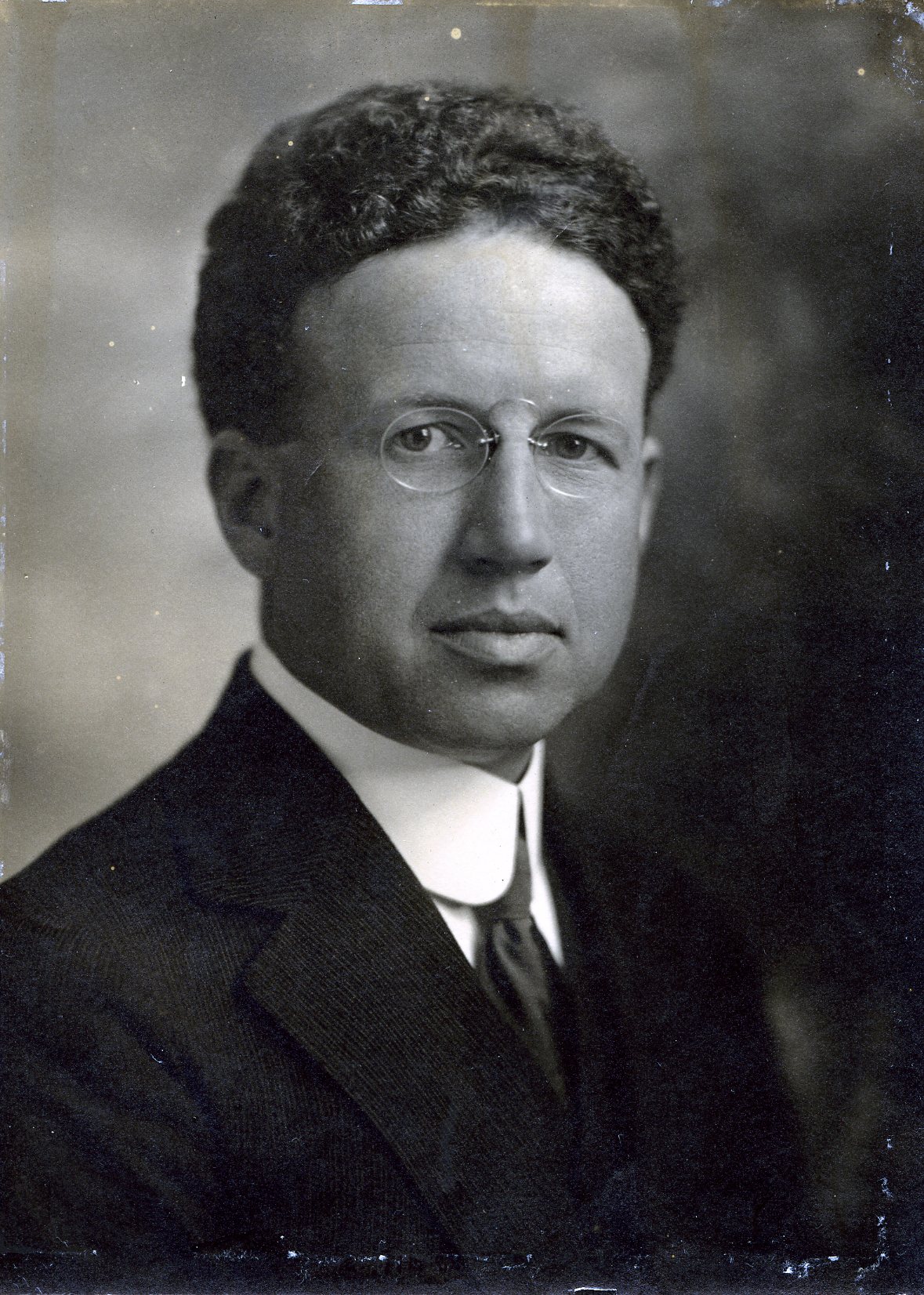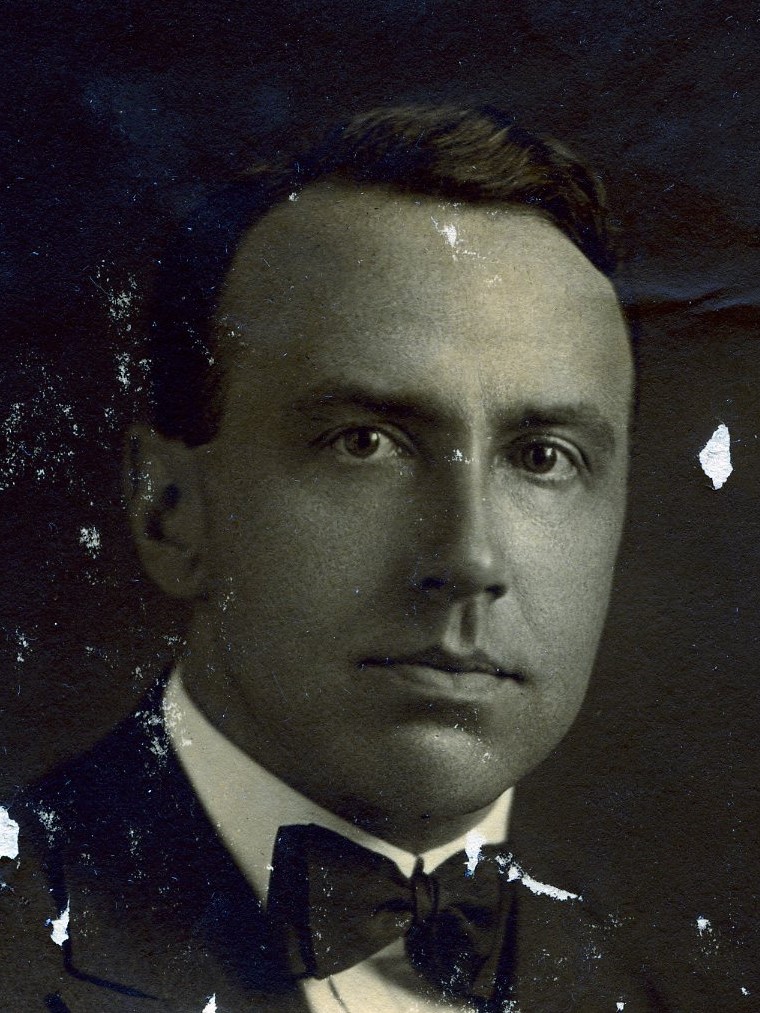Member Directory,
1847 - 1922
Harry Emerson Fosdick
Clergyman/Professor
Centurion, 1917–1969
Hugh Black and Andrew D. White
Buffalo, New York
Bronxville, New York
Age thirty-nine
Hartsdale, New York

Archivist’s Notes
Brother of Raymond Blaine Fosdick
Century Memorial
Ordained to the Baptist ministry in 1903, his first pastorate was in Montclair, New Jersey. For six years he was stated preacher in the First Presbyterian Church, New York City, and then was appointed minister of the Park Avenue Baptist Church. Its congregation was the nucleus of the interdenominational Riverside Church, where he exercised what is widely recognized as the most influential preaching ministry in the United States in the 1930s and 1940s. For several decades he was professor of practical theology at Union Theological Seminary. Radio minister of the National Vespers Hour from 1927 to 1946, his spoken word was broadcast across the nation and around the world. He wrote upwards of twenty books, which have been published in many lands and languages.
What impressed his hearers, readers and students was his intellectual integrity. He played no tricks with his mind, said and wrote nothing that he did not believe, never covered a gap in argument with a pious phrase. His fearless speaking embroiled him for years in controversy. Those who got to know him after the dust of controversy had settled, found it hard to credit that there was a time when he was denounced as an infidel, “a religious outlaw, the Jesse James of the theological world.”
Giants not seldom have feet of clay. Some great men can be disillusioning to know intimately. Pulpit fame, it is said, is a notorious corrupter of character. H.E.F. was a good as well as a great man, and despite all the praise heaped on him, to the last was unspoiled and modest. Asked by a reporter how he reacted to such adulation, he replied: “There’s no such thing as the greatest preacher in the world. I just did what I could.”
He practically had to be forced to write his autobiography because, he said, the thought of having to keep on using the first personal pronoun, the most indecent of all the pronouns, left him ill at ease. Right into his nineties, he carried on in longhand a sizable and far-reaching correspondence. He devoted himself to and rejoiced in his family. The limitations imposed by advancing years, he accepted without resentment or complaint. And when the life partner of over sixty years died, he told his friends that while the loss was heavy, he was “sustained by priceless memories and eternal hopes.”
Versatile in so many fields, he never learned to drive a car. A minor accident, when first behind the wheel, proved a final deterrent. But summer residents at Boothbay Harbor, Maine, were quick to tell of his skill in handling a motor launch, and of the speed with which he got to and from his beloved island.
He became a Centurion in 1917, and in his Manhattan years, prized the friendships to which the Club introduced him.
Robert James McCracken
1972 Century Association Yearbook



